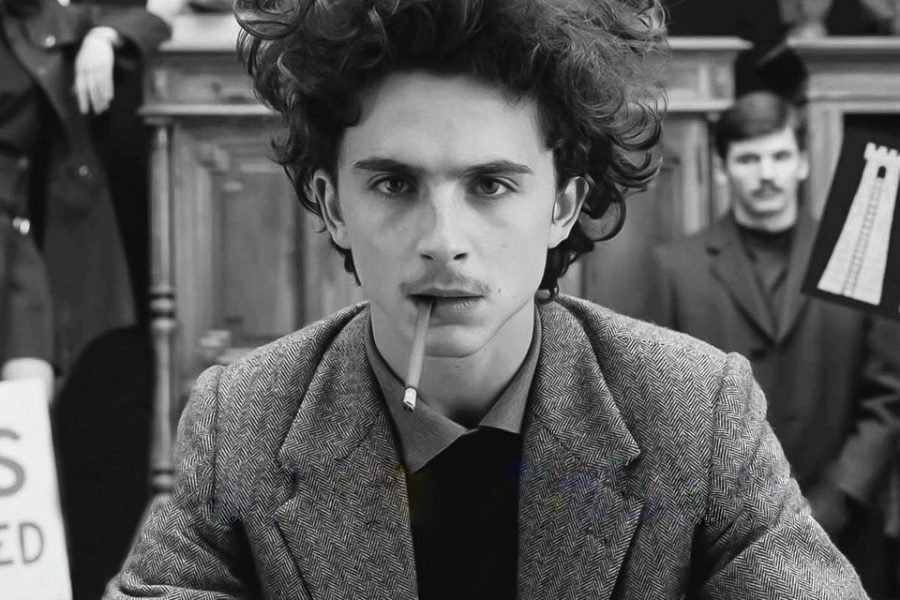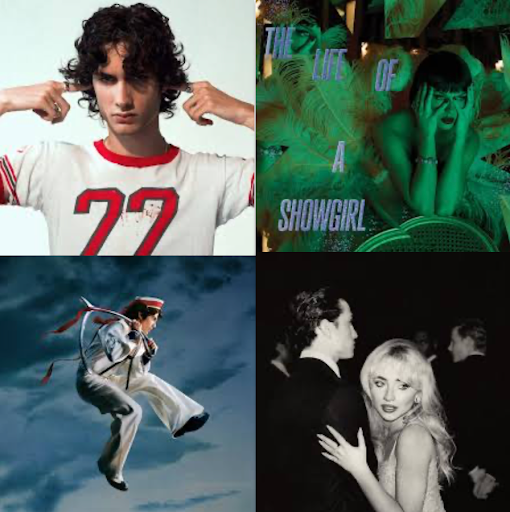Wes Anderson’s The French Dispatch
The French Dispatch, Wes Anderson’s latest satirical film, takes a witty look at journalism through the eyes of writers of a magazine and the quirky stories that they encapsulate in their work. It looks to capture the way that journalists can paint stories so poetically in their writing, while simultaneously poking fun at their pretentious and intellectual tendencies.
The movie is split into three main subplots, as told by three journalists in their respective areas of expertise. The first story is that of a troubled painter, who is in prison for decapitating two men, and is discovered by an art connoisseur. A look at the classic ‘disturbed artist’ cliche echoed in pop culture. The second story follows a group of university students who wish to change the world, but can’t agree on how to do it. It seems to be an interesting comment on performative activism, and if it really leads anywhere in reality. The third story features a chef, a car chase and a kidnapping, exploring the idea of family and food. The theme, however, boils down to this: we’re all connected in one way or another, whether it be desire or painting or a need to rebel or the taste (and namely dislike) of radishes.
Wes Anderson creates his charming niche of filmmaking with the familiar symmetry and color experimentation (this film rotates between past and present, black and white.) Bill Murray and Tilda Swinton and Owen Wilson play their roles brilliantly, as expected, while actors new to Wes Anderson’s directing style also make a good impression, such as Timothee Chalamet, Léa Seydoux, and Lyna Khoudri.
One critique of the film was the use of a long animated sequence during the final story. While this undoubtedly saved thousands of dollars, it still felt slightly disjointed from the rest of the movie.
The French Dispatch is beautifully filmed, funny, whimsical and moving. Notably, one of the last scenes of the film, in which a chef describes what he thinks life is all about, is very touching. It’s an interesting look at life and its aesthetics, and according to The British Film Institute, “The French Dispatch pens a lavishly Andersonian love letter to journalism.”



